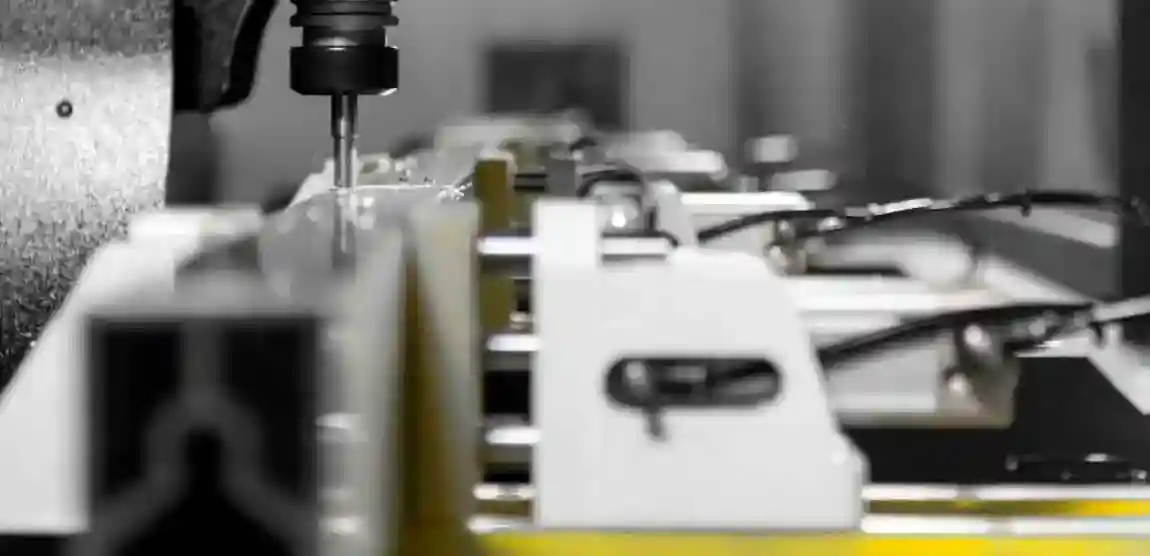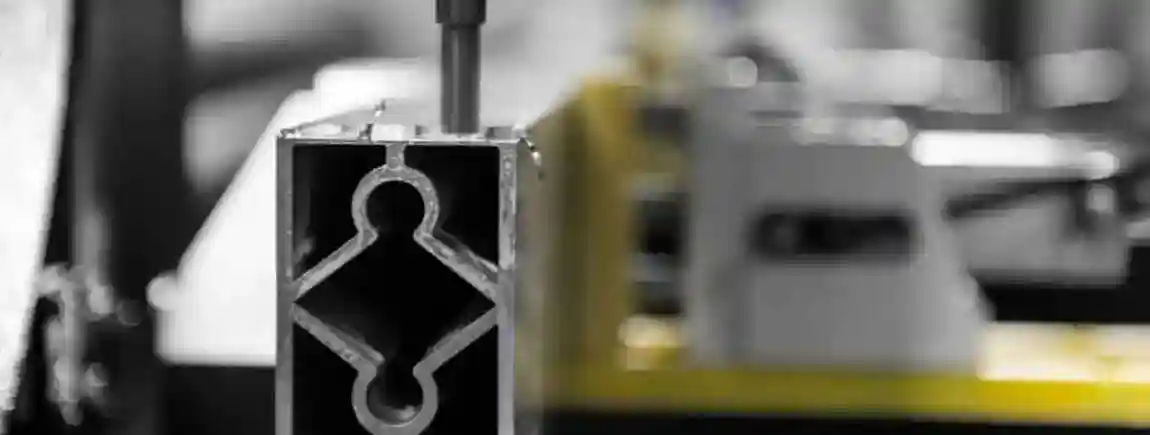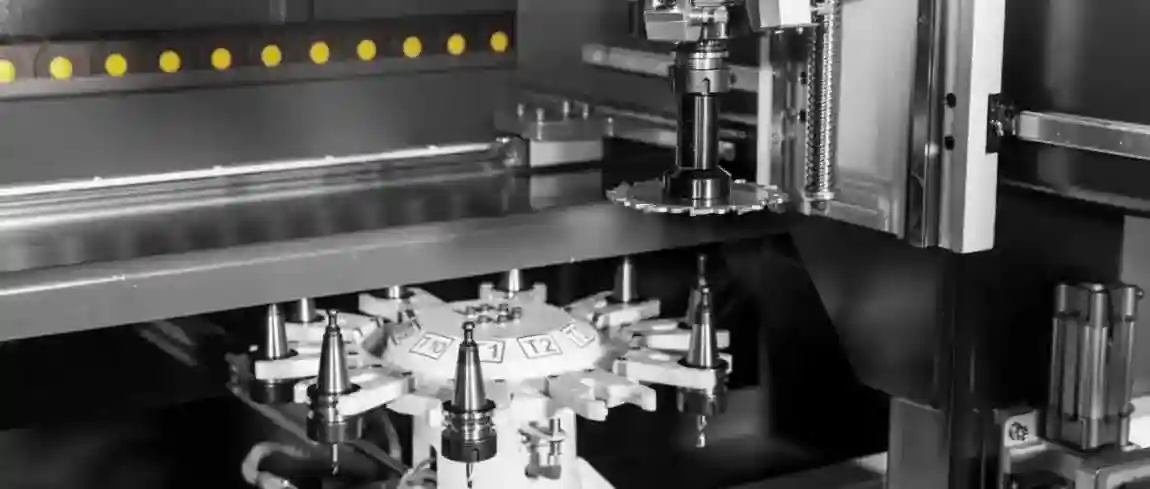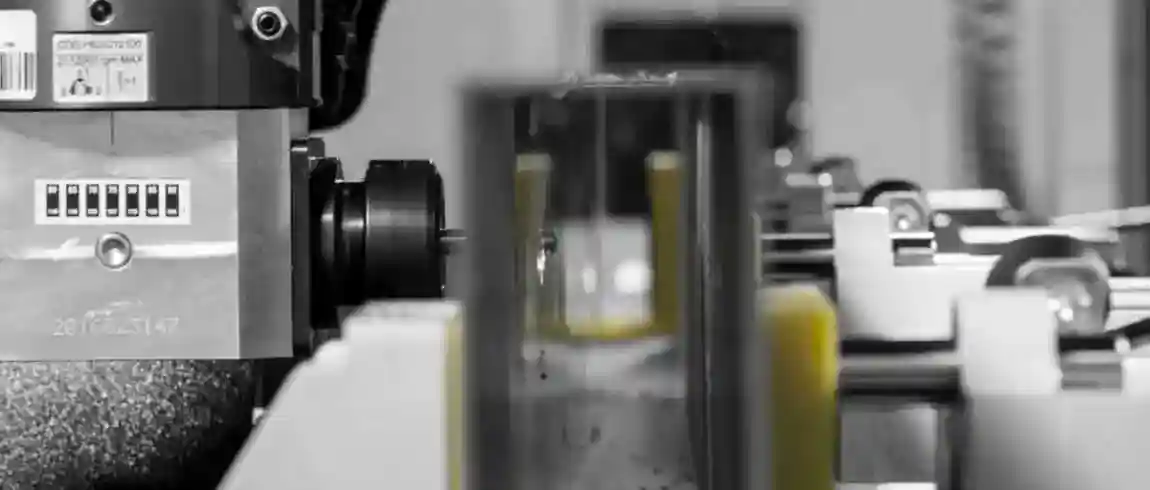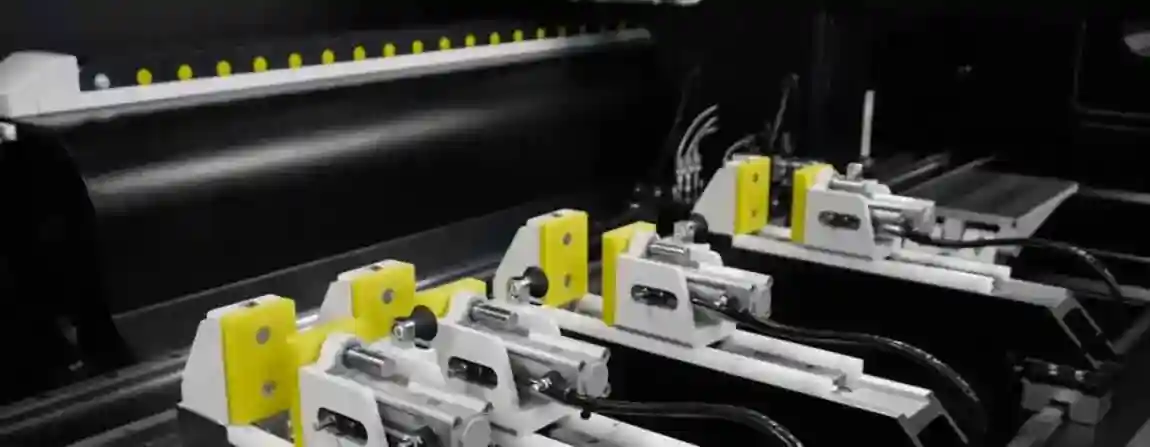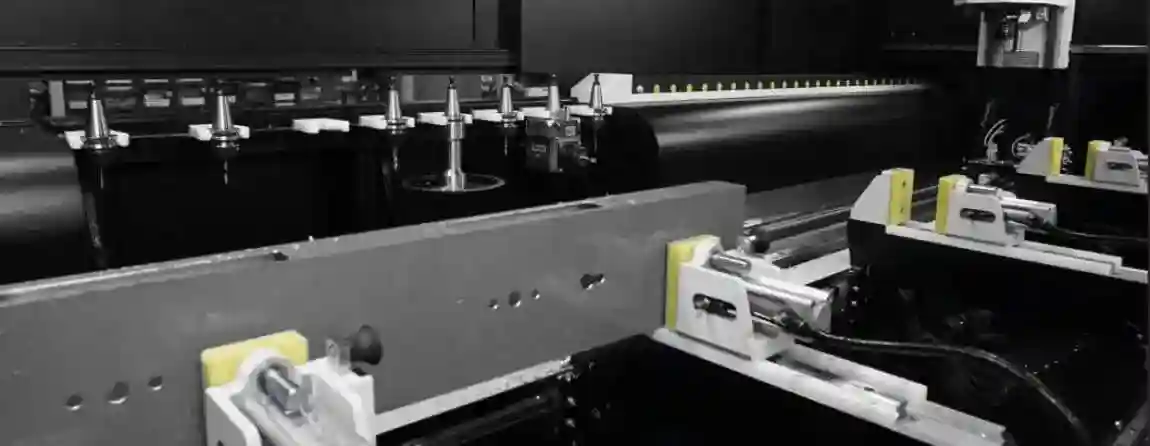-

Company
Product
ALUMINIUM MACHINES
PORTABLE MITER SAWS FOR ALUMINUM
PORTABLE COPY ROUTER MACHINES FOR ALUMINIUM
PORTABLE END MILLING MACHINES FOR ALUMINIUM
AUTOMATIC MITER SAWS FOR ALUMINIUM
COPY ROUTER MACHINES FOR ALUMINIUM
END MILLING MACHINES FOR ALUMINIUM
ALUMINUM CORNER CRIMPING MACHINE
DOUBLE MITRE SAWS FOR ALUMINIUM
AUTOMATIC SAWS FOR ALUMINIUM
BAR PROCESSING CENTERS
MACHINING CENTERS FOR ALUMINIUM COMPOSITE PANELS
NOTCHING SAWS
WEDGE CUTTING SAWS AND NOTCH CUTTING SAWS
MITER SAWS FOR ALUMINIUM
PVC PLASTIC MACHINES
PORTABLE MITER SAWS FOR PLASTIC
PORTABLE COPY ROUTER MACHINES FOR PLASTIC
PORTABLE END MILLING MACHINES FOR PLASTIC
MITER SAWS FOR PLASTIC
COPY ROUTERS FOR PLASTIC
END MILLING MACHINES FOR PLASTIC
WELDING MACHINES FOR PLASTIC
CORNER CLEANING MACHINES FOR PLASTIC PROFILES
DOUBLE MITRE SAWS FOR PLASTIC
BAR PROCESSING CENTERS
GLAZING BEAD SAWS
AUTOMATIC MITRE SAWS FOR PLASTIC
METAL MACHINES
MANUAL METAL SHEET BENDING MACHINE
MANUAL BENDING MACHINES
HYDRAULIC BENDING MACHINES
NON MANDREL BENDERS
PLATE BENDING MACHINES
BORDERING AND TRIMMING MACHINES
HORIZONTAL PRESSES
BELT GRINDING MACHINES
PIPE NOTCHING MACHINES
PIPE POLISHING MACHINES
LASER CUTTING MACHINES
PRESS BRAKES
VERTICAL TURNING CENTERS
MACHINING CENTERS
WOOD MACHINES
GLASS MACHINES
ROBOTICS SPECIAL MACHINERY
Service
Blog
Contact
Blog
- Home
- Blog
- GLASS PROCESSING MACHINES
- GLASS WASHER MACHINE
GLASS WASHER MACHINE
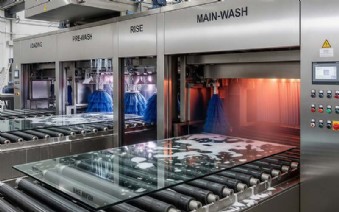
Glass Washer Machine – Modern Cleaning Technology for Perfect Glass Quality
Introduction: The Importance of Glass Cleaning in Industry
Glass is one of the most important materials in modern industries: in window production, facade construction, furniture manufacturing, automotive industry, and even in interior design. To be used in these sectors, glass must be absolutely clean, dust-free, grease-free, and free of particles. Even the smallest impurities can cause major issues such as adhesion failures, coating defects, or scratches.
This is where the glass washer machine comes into play: it ensures consistent high quality and has become a key machine in modern glass processing.
Structure and Function of a Glass Washer Machine
A glass washer machine is specifically designed for the thorough and gentle cleaning of flat glass. It typically consists of several main sections:
-
Transport rollers – move the glass sheets smoothly and safely through the machine.
-
Pre-washing zone – removes coarse dirt such as dust or grinding residues with water.
-
Brush section – multiple rotating brushes made of special materials clean thoroughly without scratching.
-
High-pressure nozzles – spray water evenly to remove even the finest particles.
-
Drying zone – powerful blowers dry the glass completely, leaving no stains or streaks.
Modern models are equipped with stainless steel components, multi-stage filtration systems, and energy-efficient drives. These features guarantee not only perfectly clean glass but also long service life and sustainability.
Applications of the Glass Washer Machine
The glass washer machine is an indispensable tool across various industries:
-
Window production – glass must be perfectly clean before further processing.
-
Facade construction – architectural glass facades require flawless surfaces.
-
Insulating glass production – dirt or dust between panes reduces insulation quality.
-
Automotive industry – windshields, side windows, and rear windows require spotless cleaning.
-
Furniture and interior design – glass for tables, cabinets, and shower cabins must be free of stains or scratches.
Advantages of Modern Glass Washer Machines
Using a glass washer machine provides a wide range of benefits:
-
Time-saving – high-speed cleaning of large glass volumes.
-
Consistent quality – always delivers spotless results without manual rework.
-
Material protection – gentle cleaning without scratching sensitive surfaces.
-
Cost efficiency – optimized processes and reduced labor requirements.
-
Eco-efficiency – modern systems save both water and energy.
-
Automation-ready – can be integrated into CNC machining centers or insulating glass lines.
Key Factors to Consider When Buying a Glass Washer Machine
When investing in a glass washer machine, several aspects should be taken into account:
-
Processing width and height – depending on the glass formats in your production.
-
Glass thickness range – different machines handle different thicknesses.
-
Brush quality – essential for scratch-free cleaning.
-
Drying performance – strong blowers ensure spotless surfaces.
-
After-sales service – availability of spare parts, technical support, and operator training.
-
Integration – ability to connect to existing production lines.
The Future of Glass Cleaning: Sustainability and Smart Technology
The trend is moving towards energy-efficient and digitally controlled glass washer machines. Advanced systems feature sensors that monitor brush wear, optimize water consumption, and regulate cleaning cycles automatically.
Additionally, recycling filter systems allow water to be reused multiple times, significantly reducing consumption. This makes the glass washer machine not only a guarantee for perfect cleaning results, but also a major step toward sustainable industrial production.
Conclusion
The glass washer machine has become indispensable in window and facade production, automotive glass processing, and furniture manufacturing. It ensures perfect cleanliness, consistent quality, and highly efficient workflows. Companies that invest in modern glass washer machines benefit from long-term competitiveness, cost savings, and sustainable production.
- glass washer machine
- glass washing machine
- flat glass washer
- industrial glass washer
- automatic glass washer
- insulating glass washer
- glass sheet washer
- glass cleaning equipment
- glass drying machine
- glass washer equipment
- window glass washer
- architectural glass washer
- glass processing machine
- glass washing line
 GERMANY
GERMANY ENGLISH
ENGLISH FRANCE
FRANCE SPAIN
SPAIN PORTUGAL
PORTUGAL


